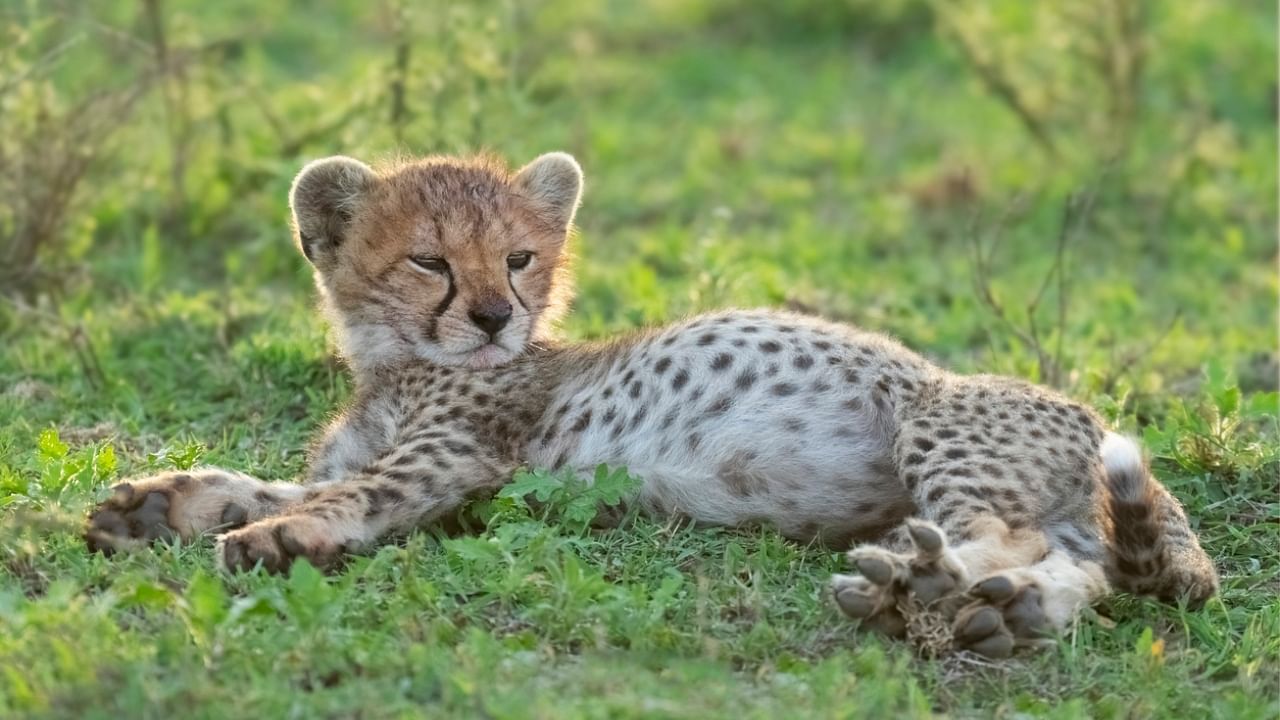
Two more cubs of a Namibian cheetah have died due to excess heat and dehydration at Kuno national park two days ago while a third one is under observation at a veterinary hospital in Palpur, Madhya Pradesh forest department officials said on Thursday.
This is the second official report of cheetah cubs’ death in two days and comes after the first such death on Tuesday. All four were born on March 27.
While three cubs died on the same day, the state forest department disclosed the news of only one death on May 23. The officials at the Centre and Madhya Pradesh are silent on the reasons for not revealing the news on the same day.
J S Chauhan, Chief Conservator of Forest in Madhya Pradesh said the first cub died in the morning following which three siblings and the mother were kept under watch.
But two more breathed their last on the same afternoon, unable to cope with the heat-wave-like conditions with temperature shooting up to 46-47 degrees Celsius and hot “loo” winds blowing over the landscape.
The only surviving cub was put on a drip following which its condition improved Chauhan claimed. Experts from Namibia and South Africa were consulted for the treatment. In a statement, the Madhya Pradesh forest department said the surviving young cheetah was under treatment but remained stable.
All four, however, were underweight from the beginning. Their weight currently is around 1.5 kg, but ideally, they should be around 2.5 kg by now. They were also weak and dehydrated.
Typically cheetah cubs start exploring the world around eight weeks after their birth. The ones at Kuno also began to roam around with their mother around 8-10 days ago when the tragedy struck.
“The cub losses are unfortunate, but it’s not unusual for first-time mothers to lose their first litter of cubs,” Vincent Van Der Merwe, a cheetah conservationist from South Africa associated with the Cheetah Metapopulation Project told DH.
“The objective of this reintroduction is to establish wild functional cheetah populations in India. If these cubs are not strong enough, then they must not survive. This is all part of the natural selection process, survival of the fittest,” said Merwe, one of the experts consulted by the Union government on the world’s first transcontinental movement of wild cheetahs.
.
